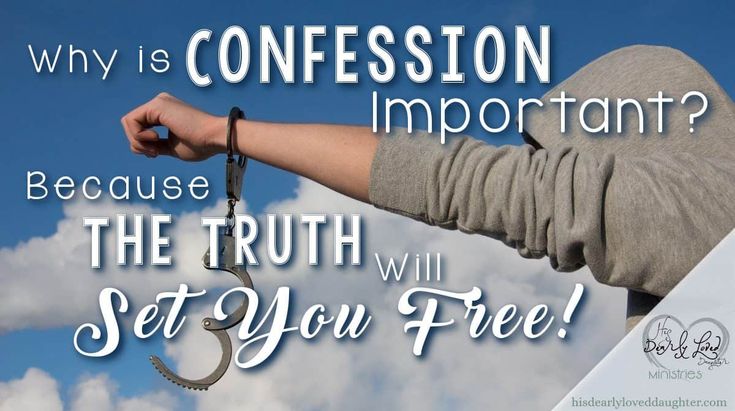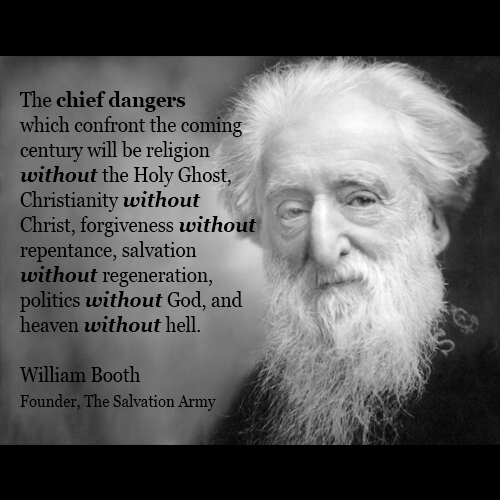
I have heard a good many sermons on “The Mustard Seed,” but always it has revolved around the idea of us gaining stronger faith for different things in our lives, from the need and desire for healing, to financial provision, to preaching the gospel. But what if there was more to the whole “Mustard Seed” idea that was meant to bring us into a new dimension in the spirit?











